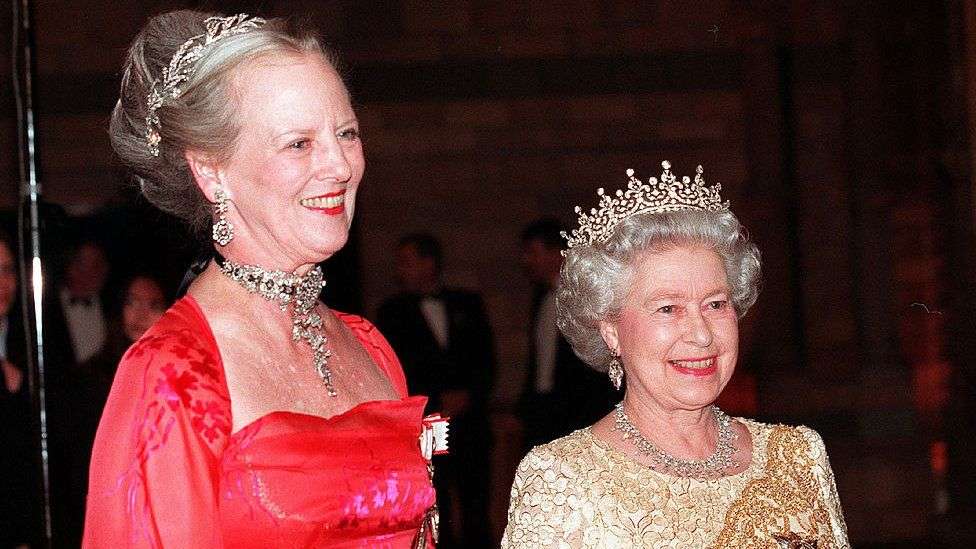The government has announced 13 new peerages, including several donors to the Tory party, and the youngest ever member of the House of Lords.
The list features Stuart Marks, a Conservative treasurer who has donated £119,500 to the party since 2013, and Paul Goodman, editor of Tory news site Conservative Home.
Plaid Cymru nominee Carmen Smith, 27, will become the youngest ever peer.
The list was published late on Friday, during a parliamentary recess.
Also nominated by the Conservative party is Franck Petitgas, Rishi Sunak's business and investment adviser and former president of Morgan Stanley International, who has donated £35,000 to the Tory party.
The Conservative list also includes Charles Banner KC, a leading barrister who was pictured watching cricket with Rishi Sunak at Lords last summer.
Rosa Monckton, the disability campaigner who established Tiffany & Co in the UK, and Peter Booth, a design and retail businessman and national chairman of the Conservative National Convention, are also on the list.
Labour's nominations include the former union boss John Hannett, the broadcaster and former adviser to Gordon Brown. Also on their list are journalist Ayesha Hazarika, solicitor Gerald Shamash, and Jane Ramsey, the party's former standards and ethics adviser.
Carmen Smith, a former Plaid Cymru adviser, will become the youngest peer in the chamber. Her age at appointment, 27, beats Charlotte Owen, a former adviser to Boris Johnson, by three years.
Ms Smith said: "Alongside our MPs, I will be fighting for a fair deal for Wales and holding this and future UK governments to account.
"I will be unashamed in advocating for a fairer, more sustainable, and ultimately independent future for Cymru.
"As a young woman, I will work to inspire the next generation of women to take an active role in our communities and our nation."

What is a life peer?
The House of Lords is independent from the House of Commons - where 650 Members of Parliament debate and vote on new laws.
Members of the Lords, known as "peers", scrutinise the work of government and recommend changes to proposed legislation.
Unlike MPs, however, peers are not elected.
The majority are life peers, meaning they areappointed by the monarch on the advice of the prime minister to serve for their life.
While many peers have worked in politics - including some former MPs - others are experts in areas such as science or the arts.
Most peers stay in the lords for life - although some choose to retire.








